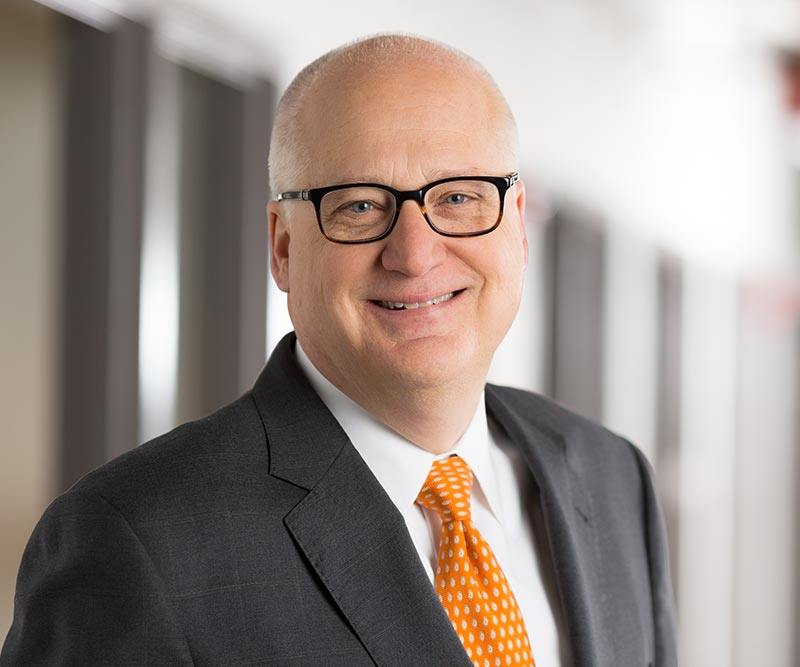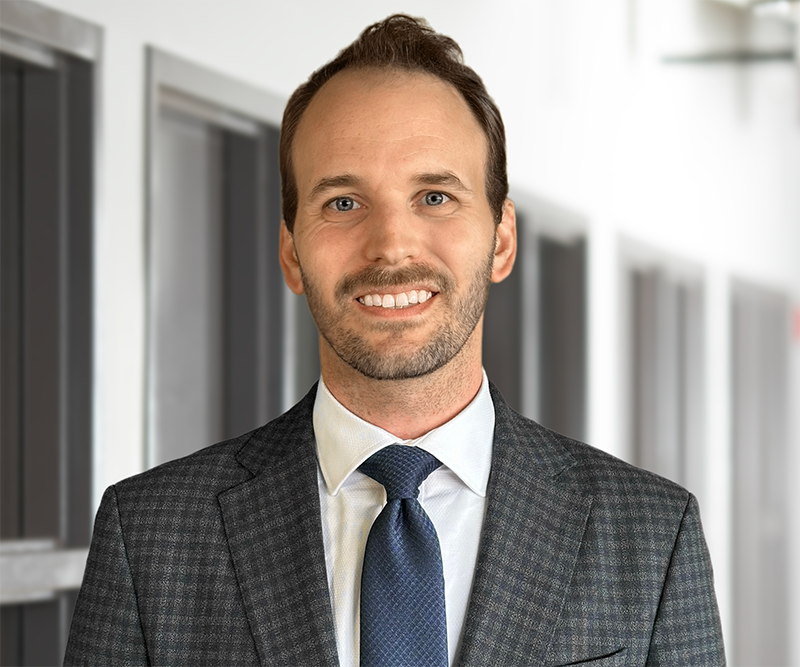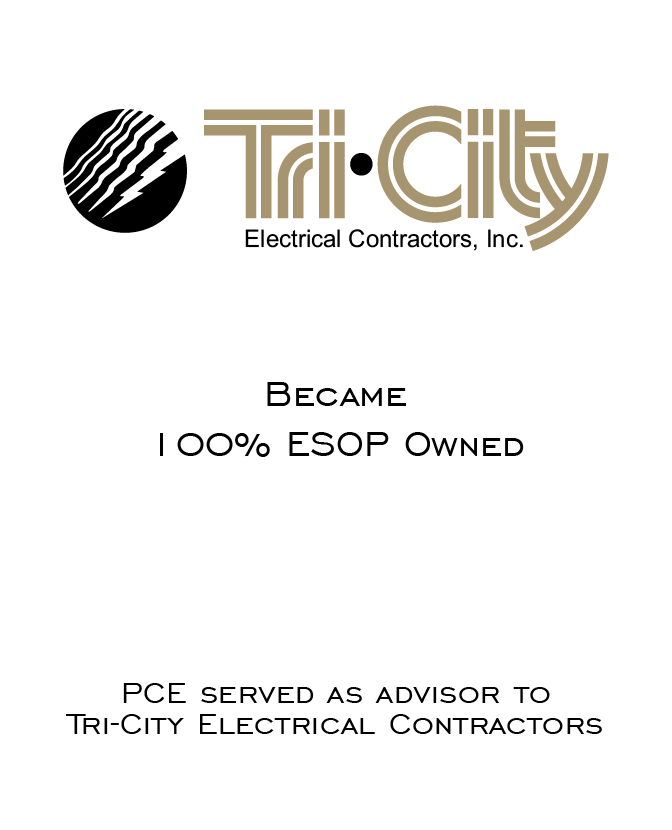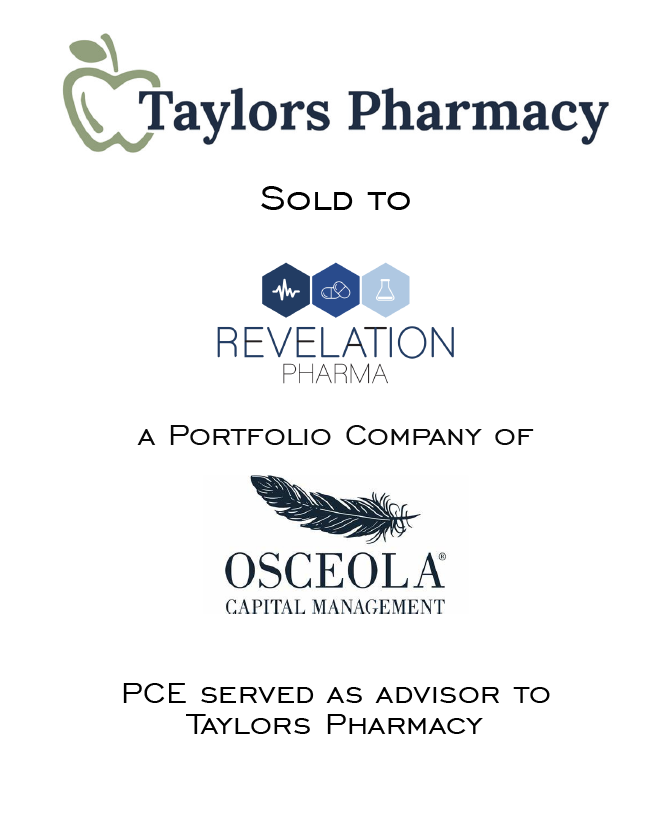location
Orlando Investment Bank | M&A, ESOP & Valuation
Middle-market expertise delivered locally from our Winter Park headquarters.
Call: 407-621-2100
Services We Provide In Central Florida
Based in the southeast, we run competitive processes that leverage PCE's firmwide relationships with strategics, PE, and lenders to drive premium results.
Mergers & Acquisitions
Whether you are selling the family business, seeking a strategic acquisition, or raising growth capital, our Orlando M&A team manages the entire process from initial valuation through closing. We create competitive tension among qualified buyers, structure offers to balance risk and reward, and negotiate terms that protect downside while maximizing after‑tax proceeds. Services include confidential marketing, buyer screening, letter‑of‑intent management, due‑diligence coordination, purchase‑agreement support, and post‑closing earn‑out monitoring. Local knowledge of Central Florida industries, plus global reach through our international partner network, ensures you access the right counterparties and achieve superior value in any market climate.
ESOP Advisory
Employee Stock Ownership Plans can deliver liquidity, preserve culture, and create powerful tax advantages. Our dedicated ESOP bankers perform feasibility studies, valuation modeling, and plan design to determine whether an ESOP is the optimal exit path for your company. We arrange senior and mezzanine financing, negotiate trustee and lender terms, and coordinate tax and legal advisors to close transactions efficiently. Post‑transaction, we provide ongoing fairness opinions, repurchase‑obligation analysis, and board education so the plan remains compliant and financially sustainable. Owners receive a partial or full payout, employees gain an ownership stake, and the community retains critical jobs.
Business Valuation
Reliable valuation is the foundation for sound decisions. Certified appraisers in our Orlando office deliver defensible opinions for ASC 805 purchase‑price allocation, gift‑and‑estate planning, ESOP transactions, shareholder disputes, and fairness or solvency analyses. We blend market multiples, discounted‑cash‑flow modeling, and guideline public‑company data to capture the unique value drivers of middle‑market enterprises. Reports comply with USPAP, AICPA SSVS 1, and IRS guidelines, and withstand scrutiny from auditors, trustees, courts, and regulators. Clients use our valuations to unlock credit, resolve tax events, benchmark performance, and set buy‑sell thresholds that reduce conflict among stakeholders.
Strategic Advisory
Some owners are not ready to sell but need actionable guidance to increase enterprise value. We perform deep‑dive strategic assessments that analyze financial performance, operational efficiency, competitive positioning, and growth opportunities. Deliverables include a prioritized value‑creation roadmap, capital‑structure recommendations, working‑capital optimization, and management succession planning. For under‑performing companies, we advise on restructurings, lender negotiations, and turnaround tactics. For growth‑oriented clients, we model acquisitions, joint ventures, and minority equity investments. Every engagement is led by senior bankers who have operated businesses themselves, ensuring practical solutions that align with personal, corporate, and family objectives.
Industries We Serve
-
Aerospace, Defense & Government
-
Building Products & Construction
-
Business Services
-
Consumer & Retail
-
Diversified Industrials
-
Financial Institutions Group
-
Food & Agriculture
-
Healthcare
-
Power & Energy
-
Tech, Media & Telecom
-
Transportation & Logistics
Selected Florida Transactions
I’m ready to sell my business, but I’m not sure how.
Selling your company is probably the most significant financial deal you’ll ever undertake. We’ll identify the best options for maximizing your value, and we’ll ensure you receive the most favorable terms possible.
free resource
Exit Readiness Assessment
Are you ready to focus on your lifestyle, liquidity and legacy goals? Our exit assessment will help you determine the readiness of your company for a sale transaction by measuring four components of your business.
I want to know more about the PCE approach.
Our expert advisors will walk you through every step of the sell-side process, identifying buyers, optimizing your company’s value, and orchestrating the sale.
free resource
Transactions
Your Orlando Deal Team

Michael Poole
Managing Director, M&A
The founder of PCE, Michael brings nearly 40 years of middle-market M&A and corporate-finance experience across North America, Europe, Asia, and Australia. He specializes in Building Products, Construction & Engineering, and Finance, and is known for crafting imaginative strategies that put client goals first. Michael has served two terms on the Federal Reserve Bank of Atlanta’s Jacksonville board and chaired multiple statewide initiatives, earning recognition as one of Florida Trend’s “Most Influential Floridians.” He holds FINRA Series 7, 24, 28, 79 licenses and an MBA from Rollins College.

Will Stewart
Managing Director, ESOP
Head of PCE’s ESOP practice, Will has closed over $3 billion in ESOP transactions during two decades with the firm and is a frequent national speaker on employee ownership. He advises owners on all liquidity options and designs ESOPs that balance tax efficiency with long-term sustainability. Before PCE, Will managed more than $300 million in private-wealth assets and underwrote commercial loans up to $100 million. He is a CFA charter holder and holds FINRA Series 7, 24, 79 licenses.

David Jasmund
Managing Director, ESOP
Partner of PCE with 30+ years in M&A, ESOPs, and corporate finance, David leads the firm’s Healthcare practice and works extensively in Insurance, Business Services, and Food & Agriculture. He previously grew a three-person insurance start-up into a $700-million enterprise, giving him firsthand operator insight. David has guided companies through start-ups, restructurings, mergers, and equity placements, including dual-track exits to public buyers and private equity. He holds FINRA Series 7, 24, 79 and Florida insurance licenses and is active with industry and civic boards.

Jon Gogolak
Director, ESOP
Jon combines investment-banking, treasury, and capital-markets experience to structure ESOP transactions that meet shareholder objectives. Prior to PCE, he built and led the capital-markets function at one of the nation’s largest non-bank agricultural lenders, overseeing cash management and loan funding. His analytical strength and collaborative style help middle-market owners optimize value in complex deals. Jon holds FINRA Series 24, 79 licenses and degrees in Economics from DePaul University (BA and MS).

Bradley Scharfenberg
Vice President, M&A
Bradley is a Vice President in PCE’s M&A group with 10+ years of middle-market experience. He leads execution on sell-side and buy-side deals, recapitalizations, and capital raises. His focus is healthcare, including physician practice management, DSOs, behavioral health, DME, and health IT, and he previously advised on 30+ transactions at a boutique bank across healthcare, consumer, and industrials.
Education: BSBA, Finance and Economics, University of Missouri-Columbia, Trulaske College of Business.
Client Testimonials

The team at PCE was vital to the successful implementation of the ESOP and we enjoyed working with them throughout the process.”
- Jack Olmstead
- Tri-City Electrical Contractors, Inc

Our collaboration with PCE was crucial in bringing our strategy to fruition. We are very pleased with the support and guidance provided by PCE throughout the transaction. Their team's dedication was essential in ensuring a smooth and successful completion.”
- Claire Whalen
- Taylors Pharmacy

Frequently Asked Questions
-
How do I value my small business for sale?
The most reliable way is a formal appraisal that blends the income, market, and asset approaches. We normalize your earnings, adjust for owner perks, benchmark multiples from comparable Orlando transactions, and discount future cash flows to present value. An accredited valuation protects you with the IRS, lenders, and potential buyers, and it uncovers value drivers you can improve before going to market. Online calculators and rule of thumb multiples are fine for rough checks, but they miss local industry nuances that can move price by 10 to 20 percent. -
How do I sell my business in Orlando?
Begin with a confidential strategy session to define goals, timing, and net after tax targets. Your banker then prepares marketing materials, screens qualified local and national buyers, and runs a controlled auction to create competition. After selecting the best letter of intent, we manage diligence, negotiate purchase agreements, and coordinate legal, tax, and lending teams through closing. Most owners spend 3 to 5 hours a week on decisions while we handle the heavy lifting. A well-run process often improves terms and increases competition versus a self-directed sale. -
What is the typical timeline to sell a business in Central Florida?
A full sell-side process averages six to nine months. Preparation and valuation take four to six weeks, buyer outreach and management presentations another six to eight, and exclusivity with the chosen buyer about 90 days. Deals with audited financials, diversified customers, and no landlord complications can close faster. Highly regulated industries, real estate entanglements, or family shareholder disputes often add time. Starting prep work 18 months ahead lets you correct issues that could derail diligence, but a motivated seller can still reach the closing table in as little as six months. -
How are Orlando service companies valued?
Valuations vary widely based on size, margin profile, recurring revenue, customer concentration, and management depth. We benchmark against relevant comps and recent transactions, then triangulate value using multiple methods to set a defensible range before going to market. -
Does Florida charge state taxes on the sale of a business?
Florida does not levy personal income or capital gains tax, so individual shareholders avoid state level taxes on sale proceeds. C corporations still pay federal and potential built in gains tax, and S corporations must consider the built in gains window. Federal capital gains, Net Investment Income Tax, and local surtaxes still apply. We coordinate with your CPA and legal counsel to model options. -
How do I set up an ESOP for my employees in Florida?
The process starts with a feasibility study that tests cash flow, share price, and repurchase obligations. Once viable, the company creates an ESOP trust, secures senior and mezzanine financing, and sells some or all shares to the trust at fair market value. Employees receive allocations based on payroll, grow equity tax deferred, and cash out at retirement. Owners gain liquidity, preserve culture, and may defer capital gains through a 1042 rollover. Our bankers coordinate trustees, lenders, attorneys, and valuation advisors to close ESOP transactions in four to six months. -
What financing options exist for an ESOP transaction in Orlando?
Most ESOP deals use a senior term loan supplemented by seller notes and, when needed, junior capital. Local Florida banks familiar with ESOP cash flow profiles often provide terms vary by lender, structure, and market conditions. When leverage maxes out, mezzanine funds can supply subordinated debt or preferred equity. The right mix balances affordable debt service with shareholder liquidity. We source competing term sheets, model coverage ratios, and negotiate covenants, ensuring the ESOP starts strong without starving future growth initiatives. -
Which documents should I gather before meeting an investment banker?
Bring three years of financial statements, current year interim results, customer and supplier concentration lists, a detailed cap table, key contracts, and an organization chart. If audited statements are unavailable, reviewed or compiled financials work. Also provide lease agreements, loan documents, and any shareholder or operating agreements. These materials allow your banker to estimate value, flag diligence issues, and tailor buyer outreach. If certain documents are missing, an NDA protected discussion still yields actionable guidance on preparing the business for a smooth, credible sale process. -
Can I sell only part of my company and keep control?
Yes. A minority recapitalization lets you sell 20–49 percent of equity to a private equity firm or family office, gain liquidity, and retain operational control. Structured preferred stock or non voting shares can raise funds without diluting governance. Dividend recapitalizations funded by new debt are another option. You can also sell a majority of the company and keep a minority position. Each path delivers cash today while preserving future upside. We compare dilution, leverage, and governance provisions across offers, ensuring you protect veto rights and board seats while accessing capital for diversification, partner buyouts, or growth initiatives. -
How do interest rates affect my company’s valuation today?
Valuations hinge on discount rates and debt costs. When interest rates rise, lenders demand higher spreads and buyers lower leverage, reducing after tax cash flow and, therefore, price. Private equity buyers offset this by pushing for larger equity checks, which can lower internal rate of return targets and soften valuation impact. Strategic buyers financing with cash or low cost corporate debt remain less sensitive. Companies with strong recurring revenue and pricing power still fetch premium multiples. We monitor rate movements and update valuation models regularly so owners can time the market intelligently.
Visit Our Office
PCE Investment Bankers, Inc.
200 E. New England Avenue, Suite 400
Winter Park, FL 32789
Phone: 407-621-2100
Office Hours: Mon-Fri 8:00 AM-6:00 PM
Ready to start a conversation?
Schedule a confidential call with our Orlando team.


